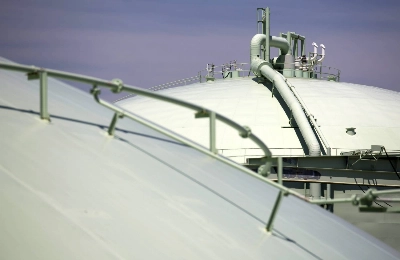LONDON -- Forty years ago this month, President Charles de Gaulle of France and Chancellor Konrad Adenauer of West Germany signed a historic agreement to consecrate the end of 75 years of conflict between their two nations. The Franco-German Friendship Treaty came six years after the establishment of the original six-nation European Common Market, and the relationship between the two countries has been at the heart of the development of the Continent's drive for unity that has produced a 15-nation single market, and most recently, the 12-nation euro currency.
The 40th anniversary on Jan. 22 will be celebrated with a gathering of parliamentarians from both countries and a summit meeting between French President Jacques Chirac and German Chancellor Gerhard Schroeder that is expected to produce proposals to put new dynamism into the bilateral relationship and the European project as the European Union prepares for the arrival of a dozen new member-states from Central and Eastern Europe.
The very fact that, after conflicts in 1870, 1914-18 and 1939-45, a fourth war between Germany and France is now unthinkable is the greatest testament to the success of the relationship sealed at the Elysee Palace in Paris in 1963. The two countries are each other's major trading partners, and a web of bilateral contacts binds them together. But behind the anniversary hoopla fundamental questions loom that affect the way Europe will develop.
















With your current subscription plan you can comment on stories. However, before writing your first comment, please create a display name in the Profile section of your subscriber account page.